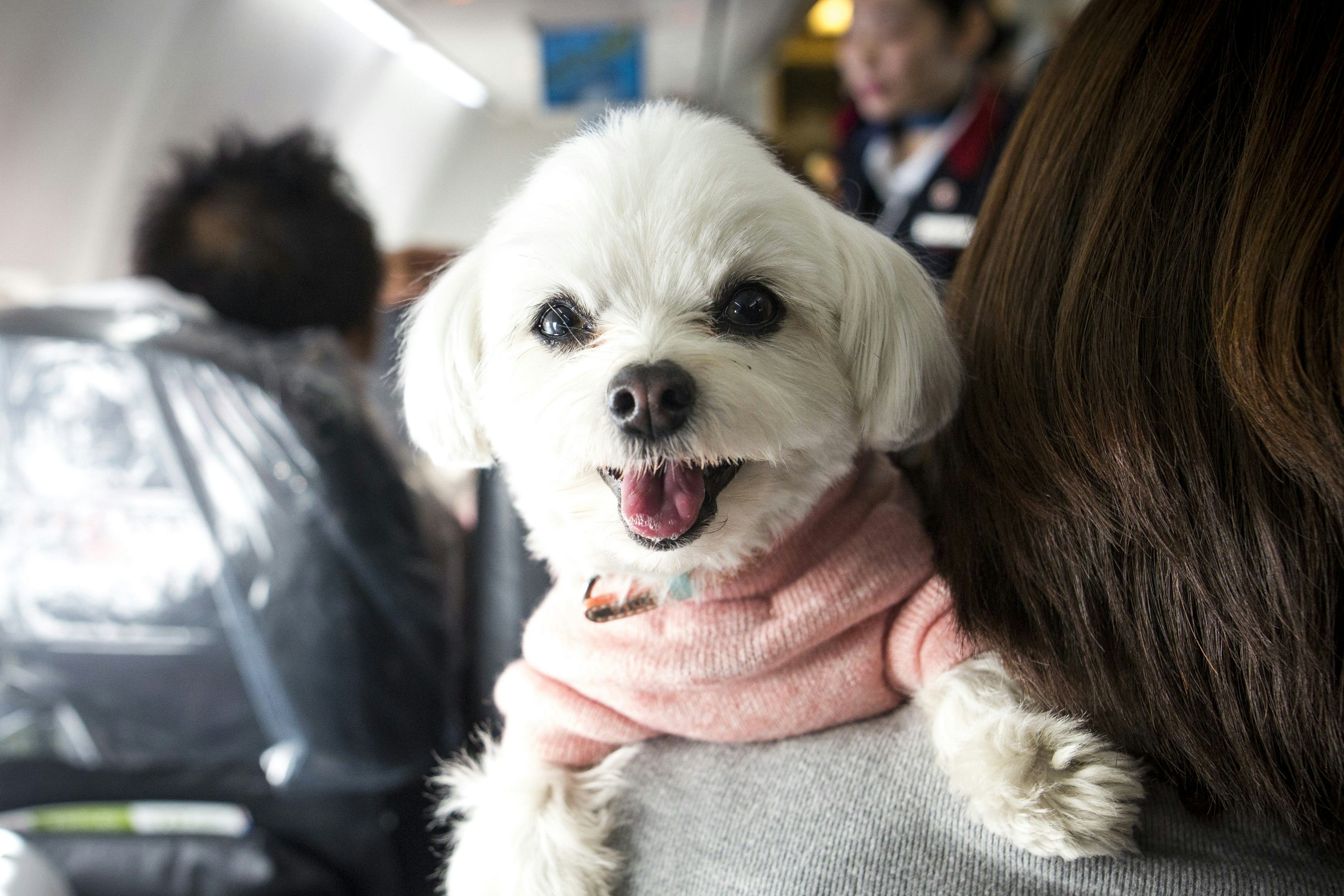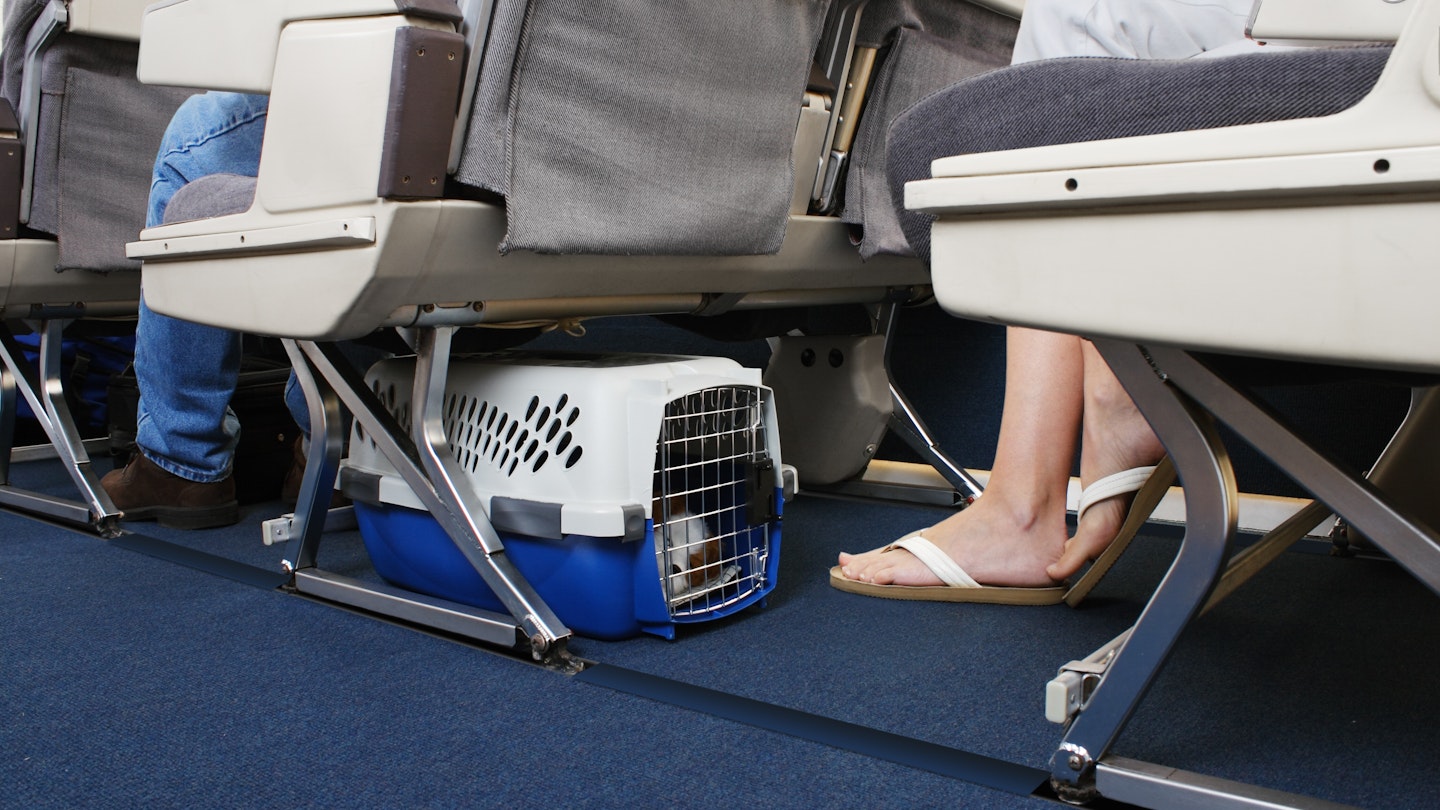Changes in Airline Policies Regarding Emotional Support Animals
Over the past decade, there have been numerous intriguing news headlines about passengers flying with emotional support animals of various shapes and sizes. From peacocks and squirrels to pigs, dogs, and lizards, travelers have encountered unusual experiences alongside an array of creatures that owners insist help alleviate their anxiety.
However, with stricter regulations introduced by the US Department of Transportation (DOT) recently, Alaska Airlines has stepped forward as the first airline to prohibit all emotional support animals. Beginning on January 11, the airline will no longer accept emotional support animals on its flights. Nevertheless, the transport of service dogs, trained specifically to assist passengers with disabilities, will continue to be permitted. The DOT has recently stated that airlines are no longer required to provide the same accommodations for emotional support animals as they are for trained service dogs, allowing individual airlines greater freedom to evaluate and revise their policies. This decision is a response to incidents involving emotional support animals that have reportedly resulted in injuries, damages to airline cabins, and hazards for passengers.

“This regulatory change is welcome news, as it will help us reduce disturbances onboard while continuing to accommodate our guests traveling with qualified service animals,” stated Ray Prentice, director of customer advocacy at Alaska Airlines. Under the revised policy, a maximum of two service dogs per guest will be allowed in the cabin, including psychiatric service dogs. Guests will need to complete a form via email and provide evidence that their dogs are trained, vaccinated, and well-behaved.
Moreover, American Airlines has announced a similar policy change, effective February 1. They have indicated that animals who previously traveled as emotional support animals and no longer qualify as service animals may still travel as carry-on pets or as cargo, provided they meet specific criteria.
“Our team is motivated by a purpose to care for people on life’s journey, and we believe these policy changes will enhance our capacity to do just that,” said Jessica Tyler, president of cargo and vice president of airport excellence for American. “We are confident this approach will allow us to better serve our customers, particularly those with disabilities who travel with service animals, while ensuring the safety of our team members at the airport and on the aircraft.”




